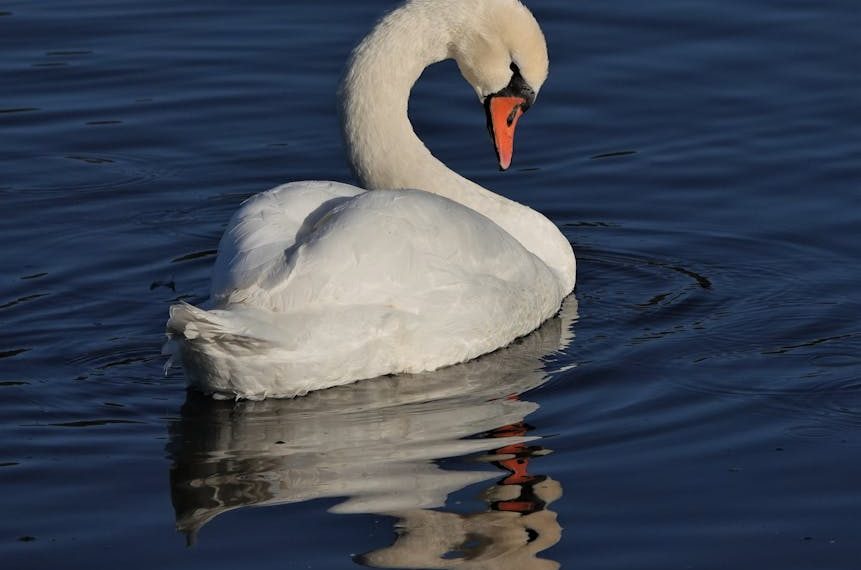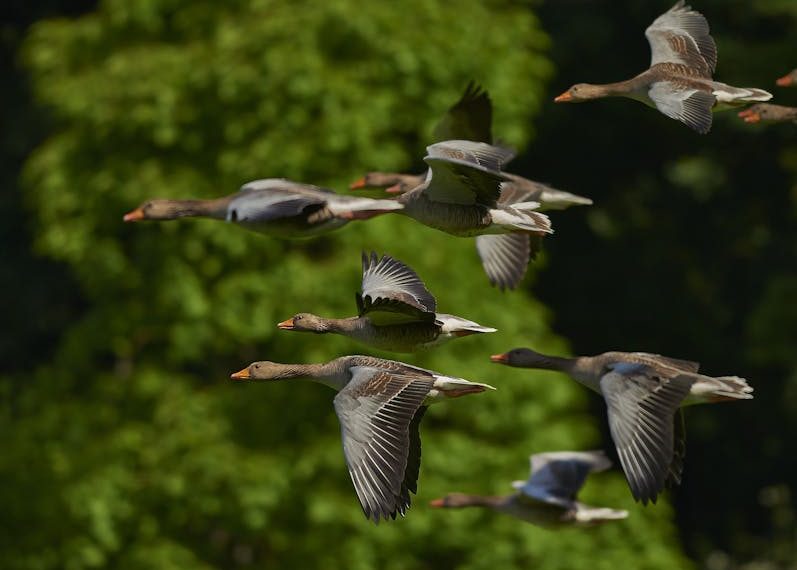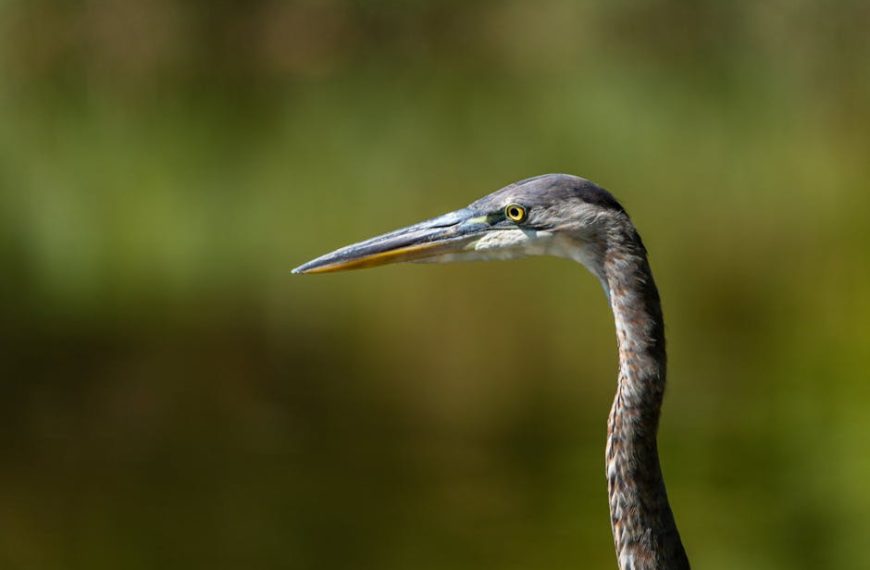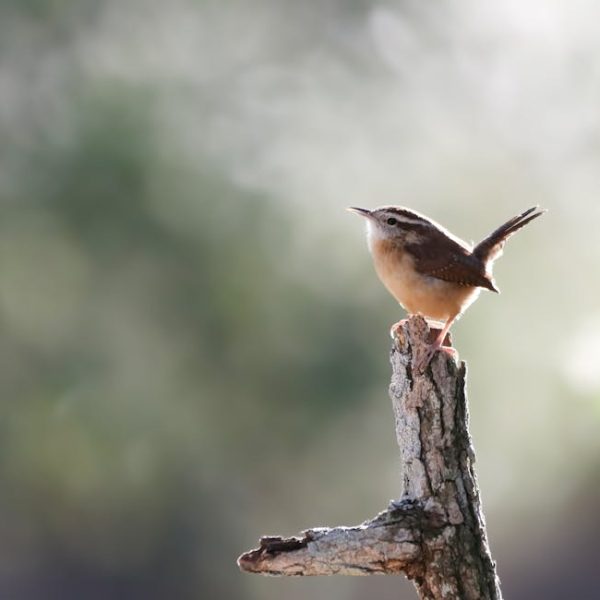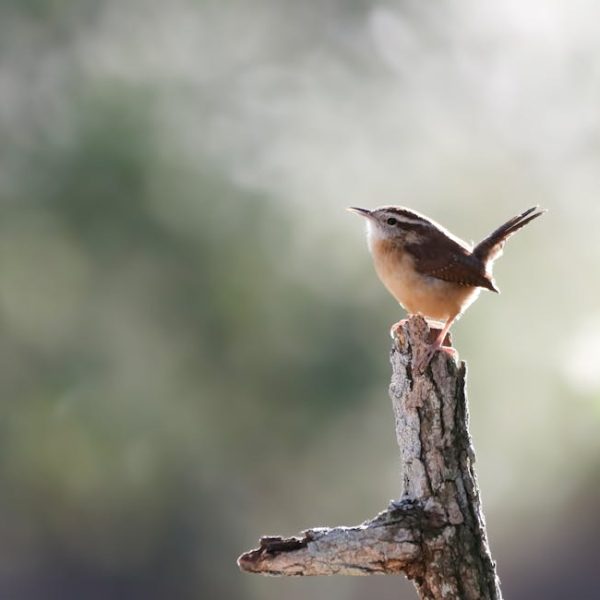Despite spending hours curating the perfect patio, birds may swoop in and disrupt your peaceful spot. What’s enticing about your balcony? Why are they setting up a home base there? Taking the time to understand why these feathered folk are frequenting your space is the first step in keeping them at bay.
Why Birds Visit Your Balcony
Birds, like humans, are drawn to places where they can find food, chow down, and find suitable nesting sites. Often, your balcony, abounding with potential food sources, provides them with a safe haven. Bird food, pet food, edible plants, and even your leftovers can inadvertently become a feast for these opportunistic creatures.
– Pro Tip: Use your observation skills to decipher what’s drawing the birds in. The type of food, the presence of nest materials or the allure of certain plants could be advantageous to them. Addressing these aspects goes a long way in bird-proofing your balcony.
Deterrents: Send a Clear ‘No Trespassing’ Signal
Physical deterrents actively discourage our feathered friends from making themselves at home. Bird spikes, netting, or scare devices like owls and snakes create an unwelcoming environment, without causing any harm.
– Comparison:
| Deterrent | Pros | Cons |
|---|---|---|
| Bird Spikes | Long-lasting, easy to install | Visible, may be considered unsightly |
| Netting | Inconspicuous, affordable | Can be challenging to install, may trap smaller birds |
| Scare Devices | Easy to use, cheap | Effect fades with familiarity, can be blown away by the wind |
– Best Practice: Regular maintenance is required for these deterrents to remain effective. Ensure they stay clean, intact, and relevant, frequently swapping out scare devices to take the birds by surprise.
Environment Adjustments: Make Your Balcony Less Attractive
By strategically altering your setting, you can make your balcony less appealing to birds. Simple tweaks like removing food sources, avoiding bird-friendly plants, or limiting nesting spots can make a huge difference.
– Checklist: ✔ Remove any standing water. ✔ Lock up pet food inside. ✔ Avoid plants with berries.
– Pro Tip: Opt for plants like marigold, lavender or geraniums. Their strong scents deter birds. Also, rearranging your balcony frequently disturbs habitual birds.
Next up, we will delve into effective, non-harming bird repellents, and highlight the importance of local laws in relation to bird control. By acting responsibly and respectfully, you can enjoy your bird-free outdoor space while also safeguarding our feathered friends.
Safe and Humane Bird Repellents
Just as there are options for pesticides or insect repellents, you can also find bird repellents that prevent our feathered friends from frequenting your balcony. Products range from repellent sprays and gels to ultrasonic devices. Be sure to select repellents that won’t cause harm to the birds or to any pets you may have.
– Comparison:
| Repellent | Effectiveness | Cost | Safety |
|---|---|---|---|
| Repellent Sprays | Relatively effective, but needs reapplication | Usually affordable | Generally safe but check ingredients for pet safety |
| Gels | Effective, creates uncomfortable surface for birds | Usually affordable | Safe if used as directed |
| Ultrasonic Devices | Effectiveness varies, some birds unaffected | Higher end, but one-time purchase | Safe for birds and pets |
– Pro Tip: You can find these products at your local garden centers, home improvement stores, or online. Always read instructions carefully to ensure correct application and optimal effectiveness.
Local Laws and Bird Protection
While keeping birds off your balcony is permissible, it’s important to be mindful of the manner in which it’s done. Many local laws and regulations protect certain bird species. Accidentally causing harm, or worse, the death of a protected bird, could result in significant repercussions or fines.
– Legal Repercussions: Local laws and fines vary greatly by location and bird species. Always consult with local wildlife authorities or do some research before implementing bird control measures.
– Best Practices: Always view control measures as deterrents rather than harm-causing methods. Embrace the idea that we share this world with the birds and can come up with solutions where we all win—humane bird-proofing is a part of cohabitating peacefully with them.
Conclusion
Don’t let the frustration of birds on your balcony get the better of you. By understanding what attracts birds to your space, using effective deterrents, making your balcony less inviting, using safe repellents, and conforming to local laws, your balcony can be a peaceful, bird-free haven. So relax, enjoy, and remember, you’re a part of nature, too. After all, a nature-friendly home starts with respect and understanding.
Key Takeaway:
- Birds are attracted to balconies for food, nesting materials, and certain plants. Observation and elimination of these attractive elements can aid in bird-proofing your balcony.
- Physical deterrents like bird spikes, netting, and scare devices are effective in discouraging birds from visiting your balcony.
- Adjusting the balcony environment by removing food sources and bird-friendly plants, and limiting nesting spots can make it less appealing to birds.
- Safe and humane bird repellents like repellent sprays, gels, or ultrasonic devices are available and usually safe for bird and human alike.
- It is crucial to comply with local laws and bird protection norms while bird-proofing your balcony to prevent legal repercussions and maintain a respectful coexistence with nature.
As you equip yourself with these tips and strategies to keep birds at bay, always remember to balance the need for a bird-free space with respect for these creatures and the ecosystem we share. It’s possible to create a tranquil balcony while also living harmoniously with our feathered friends.
FAQs
Q: What plants deter birds from balconies?
A: Plants with strong scents, like marigold, lavender, and geraniums, are known to deter birds. They’re a great natural option for bird-proofing your balcony.
Q: What are some safe and effective bird repellant products?
A: Repellant sprays, gels and ultrasonic devices are proven to be effective. However, always ensure to check the ingredients and seek products safe for both birds and pets.
Q: Could I get in trouble for keeping birds away from my property?
A: While discouraging birds from your property is allowed, causing harm to them may lead to trouble, especially for protected species. Always consult local laws before taking measures against birds.
Q: What can I do if physical deterrents don’t work well on my balcony?
A: Altering the environment of your balcony can help. Try removing bird-friendly food sources, plants and nesting spots. Also, consider using safe bird repellents.
Q: How often should I check and maintain physical deterrents on my balcony?
A: Regular maintenance is required for physical deterrents to remain effective. Ensure they stay clean and intact, and consider swapping out scare devices to maintain their effect.
We encourage you to share this article with your friends and explore more posts on our website to learn about a variety of topics.

